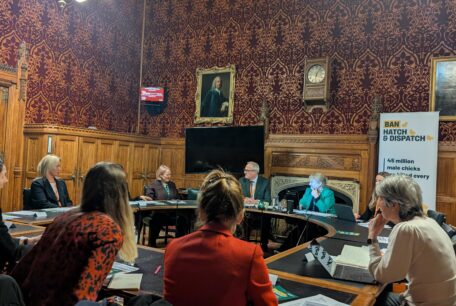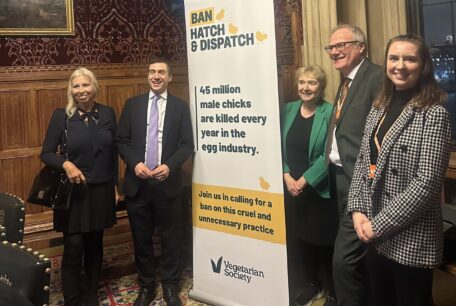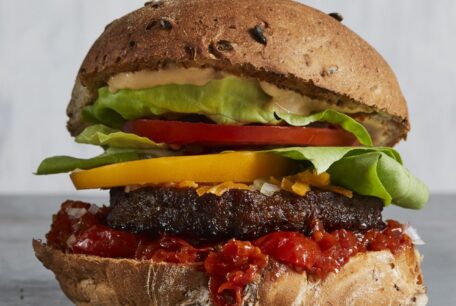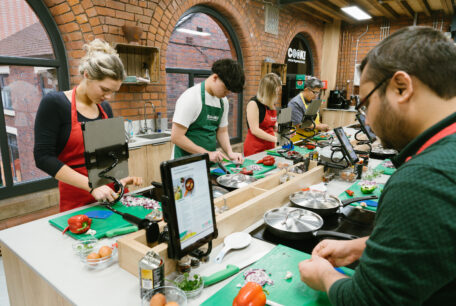
Community cooking project transforms skills and confidence across Manchester
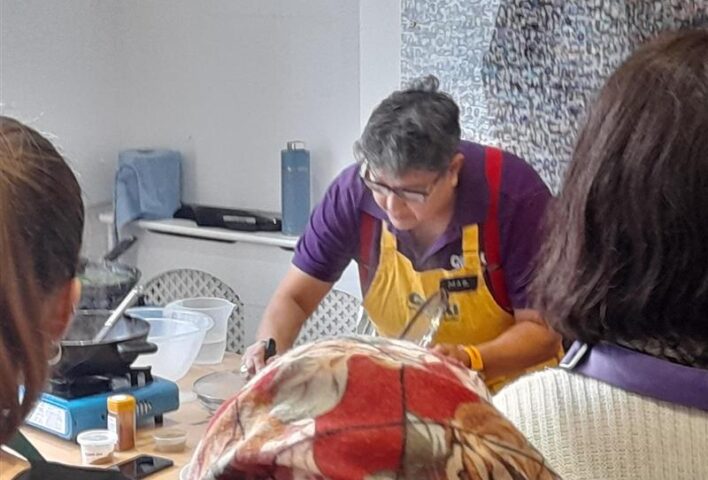
A community-led cooking skills programme has helped residents in some of Manchester’s most disadvantaged areas feel confident, proud, and motivated to cook nutritious, affordable meals from scratch.
The Community Cooking Skills project, funded by The National Lottery, and delivered by the Vegetarian Society in partnership with Southway Housing Trust and The Pankhurst Trust (incorporating Manchester Women’s Aid), ran from July 2024 to March 2025. The aim was to support residents facing financial disadvantage to cook low-cost, nutritious, vegetarian and plant-based meals – helping improve health, boost confidence, and bring people together through food.
Workshops took place in Ardwick, Burnage and Chorlton Park, areas ranked among the most income-deprived in England. Each group of participants attended six weekly sessions, combining practical cooking classes with guidance on meal planning, food budgeting, batch cooking, and plant-based nutrition.
To make the sessions accessible, participants were provided free travel, childcare in one venue, take-home ingredients, and a set of utensils at the end of the course so they could continue their cooking journey at home.
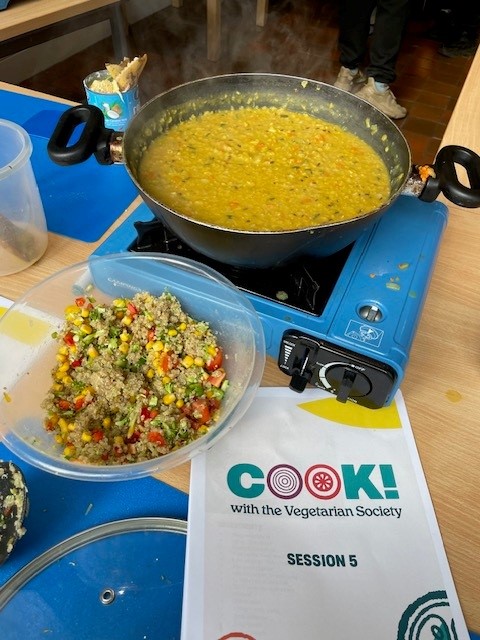
Evaluation of the programme showed a clear and powerful impact on participants’ cooking habits, food choices and wellbeing:
- Daily cooking from scratch increased from 32% to 80%.
- Confidence using fresh ingredients rose, with many describing themselves as “proud” and “motivated.”
- Fruit and veg consumption increased, and participants became more open to trying new plant-based meals.
- New friendships formed, with group chats, photo sharing and food stories continuing beyond the course.
- Tutors observed a shift in how participants felt about cooking — from stress and anxiety to pride, enjoyment and self-belief.
“I’ve gone from not knowing where to start, to cooking from scratch for my family. I feel proud and confident now”
The success of the programme shows how food can be a powerful way to improve health, food security and social connection – especially when sessions are designed to be low-barrier, inclusive and community-led.
